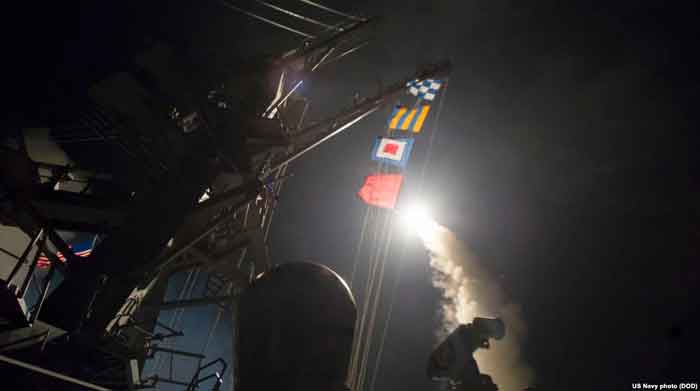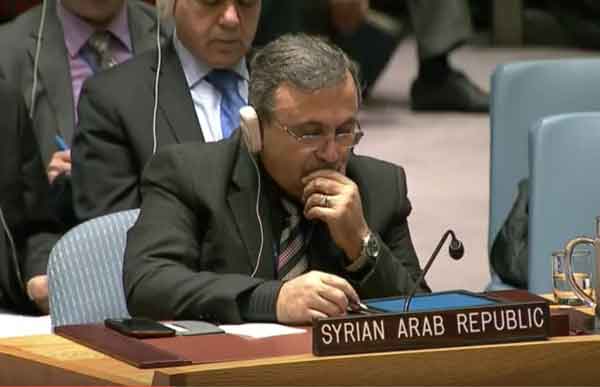Iran is increasing its presence in Syria, Defense Secretary Leon E. Panetta said yesterday, through apparent efforts to bolster the Bashar Assad regime by training a militia and other tactics.
“There’s now indications that they’re trying to develop or trying to train a militia within Syria to be able to fight on behalf of the regime,” Panetta said at a Pentagon news briefing. “So we are seeing a growing presence by Iran and that is of deep concern to us.”
The secretary said he hopes Iran thinks again about how much it wants to get involved in Syria. “The Syrian people ought to determine their future, not Iran,” he said.
Iran’s interference is adding to the killing in Syria, Panetta said, and “tries to bolster a regime that we think, ultimately, is going to come down.”
The secretary noted the increasing number of defections and problems within the Syrian military as further signs of collapse. Assad’s former prime minister, Riyad Farid Hijab, fled the country last week and a number of key generals have defected in recent months, as well.
Speaking alongside Panetta at the briefing, Army Gen. Martin E. Dempsey, chairman of the Joint Chiefs of Staff, said the 18-month uprising is taking an obvious toll on the Syrian army.
|
|
“I actually think that’s why Iran is stepping in to form this militia, to take some of the pressure off of the Syrian military,” Dempsey said.
The fighting, Dempsey said, has left pro-Assad forces with resupply and morale problems. “Any army would be taxed with that kind of pace,” he said.
Panetta said U.S. efforts to end Assad’s rule are being worked primarily through diplomatic channels, with a focus on ensuring the security of Syria’s chemical and biological weapons as well as providing humanitarian aid to refugees and non-lethal aid to the opposition.
The Defense Department plans for “a number of contingencies,” Panetta said, but any notion of establishing a no-fly zone over Syria, as some rebels have called for, is “not a front-burner issue for us.”
Still, he said, “we are prepared to be able to respond to whatever the president of the United States asks us to do.”
Source: Department of Defense



